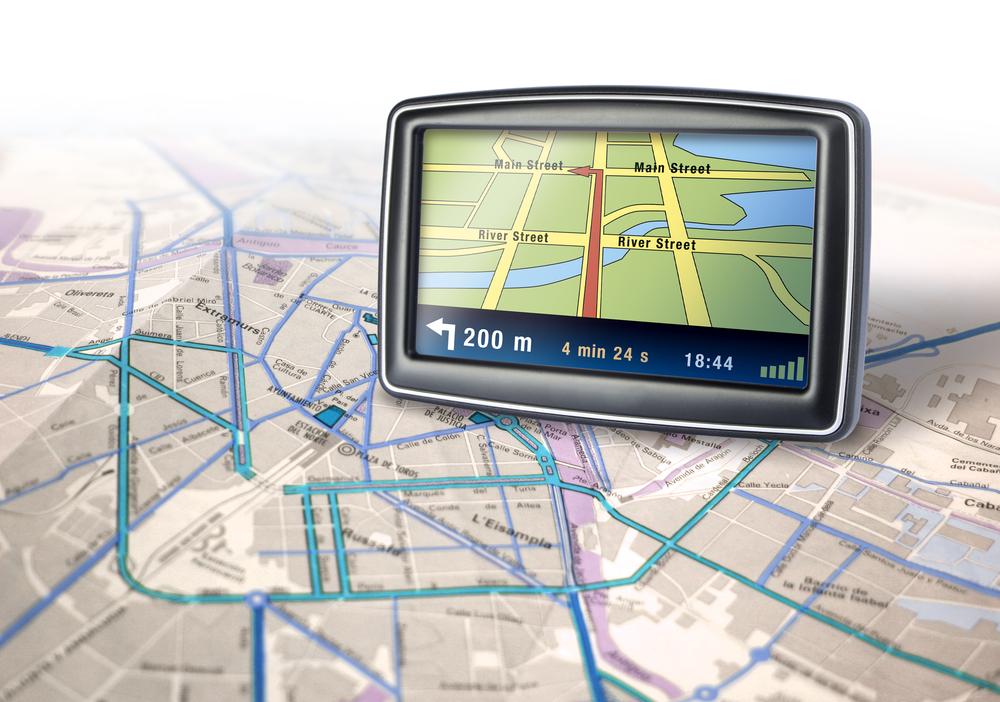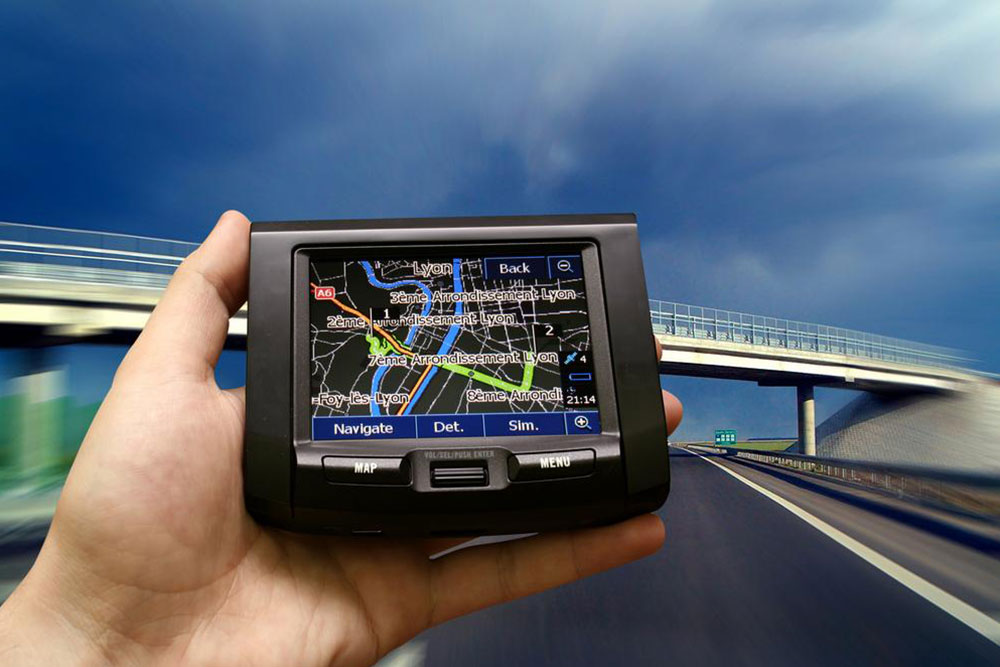Essential Insights into Vehicle GPS Tracking Solutions
This article offers a comprehensive overview of vehicle GPS tracking solutions, guiding businesses in selecting suitable fleet management systems. It covers essential features, operational mechanics, and tips on choosing the right system based on fleet size, budget, and long-term goals. Learn how GPS technology enhances vehicle monitoring, driver safety, and operational efficiency, ensuring better accountability and cost savings. Ideal for fleet managers seeking reliable, flexible solutions tailored to their business needs.

Essential Insights into Vehicle GPS Tracking Solutions
Selecting a reliable vehicle GPS system, often referred to as fleet tracking technology, is straightforward when you focus on key factors. Consider what details about your vehicles or drivers you need to monitor, the size of your fleet—whether a handful or an entire organization—and your budget constraints. These considerations will guide you to choose the right system that fits your operational needs and financial plan.
What specific vehicle or driver information do you require?
How many vehicles will you track? Is it a small set or a large fleet?
What is your budget for the system, including upfront costs and ongoing expenses?
Understanding your budget for both initial investment and monthly payments is crucial.
What are Vehicle GPS Systems?
Vehicle GPS systems serve as advanced fleet management tools, allowing businesses to track and oversee their vehicles remotely—eliminating the need for physical supervision. These systems enable real-time location monitoring from any location, ensuring efficient vehicle operation and management.
They also promote driver safety and responsible behavior.
How Does a Vehicle Fleet Tracking System Operate?
These systems work by installing dedicated hardware units in each vehicle, which communicate with satellite-based GPS technology for real-time tracking. The associated software receives data directly from the hardware, providing instant updates and alerts to fleet managers.
Real-time notifications include location, speed, and operational status, streamlining fleet oversight.
Key Features of Vehicle GPS Tracking Systems
Beyond basic location tracking, modern GPS solutions can suggest optimal routes, monitor fuel consumption, record mileage, and detect maintenance needs, reducing operational costs. They also incorporate dispatch and scheduling features to improve workflow, enhance customer satisfaction, and deliver accurate estimated arrival times.
These systems foster accountability by tracking driving behavior, including aggressive maneuvers, speeding, and route deviations. Additional functionalities include accident tracking, roadside assistance, vehicle immobilization, anti-theft features, and attendance logging.
How to Select the Right Vehicle GPS System
Ensure the chosen system aligns with your business needs by verifying it includes essential features like dashboards, communication tools, ongoing support, and fuel card integration. Consider system usability, signal strength, mobile access, alert mechanisms, and third-party compatibility. Price is important, but prioritize value and feature set over cost alone.
Contract Terms and Flexibility
Plan your system purchase based on your long-term objectives. Some providers require long-term contracts, which may limit flexibility. Opt for solutions offering short-term agreements to allow switching as your business evolves or needs change.










